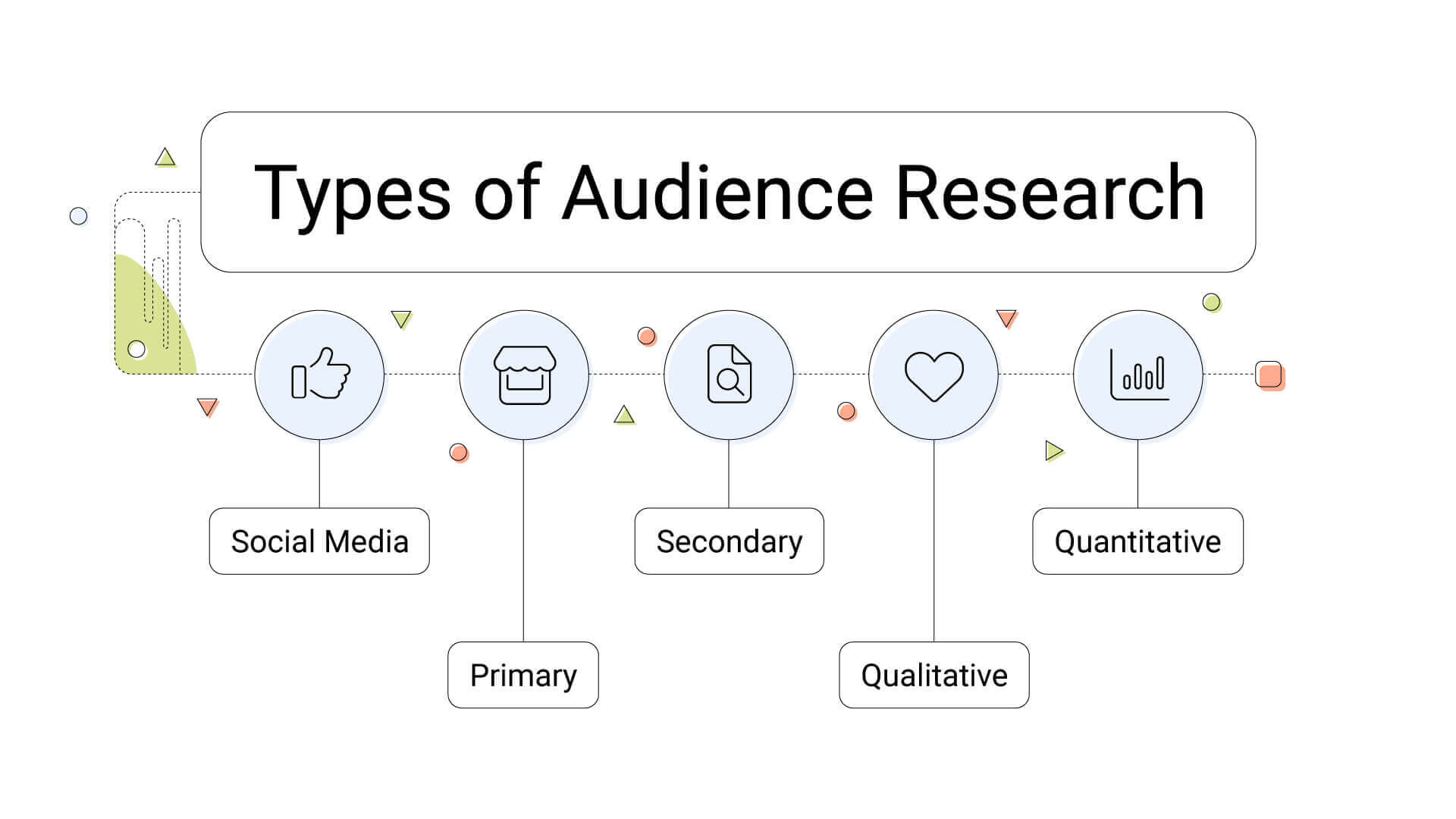To conduct audience research for online education businesses, follow these key steps:
-
Define your objectives and target audience: Clarify what you want to learn about your audience (e.g., their needs, preferences, challenges) and identify who they are based on demographics, behaviors, and motivations.
-
Use a mix of quantitative and qualitative methods:
- Quantitative methods include surveys, questionnaires, and social media analytics to gather numerical data on audience size, preferences, and behaviors.
- Qualitative methods include interviews, focus groups, and open-ended survey questions to explore deeper insights into audience motivations, pain points, and learning preferences.
-
Leverage online tools and platforms:
- Conduct surveys and polls on your website, social media, or via email to collect direct feedback.
- Use keyword research tools to understand what topics your audience is searching for online.
- Monitor social media analytics to see which content resonates most with your audience.
-
Analyze competitors and market trends:
- Study competitors’ audiences to identify gaps and opportunities for your courses.
- Keep up with industry reports and online learning statistics to understand broader market dynamics.
-
Create audience personas:
- Develop detailed profiles representing different segments of your audience based on collected data to tailor course content and marketing strategies effectively.
-
Iterate and refine:
- Continuously analyze collected data to identify patterns and adjust your course offerings and marketing approaches accordingly.
Additional practical tips:
- Engage with online forums and discussion groups related to your course topics to gather informal insights.
- Use A/B testing and design sprints to experiment with course formats and marketing messages.
- Interview key stakeholders such as current learners, sales, and customer service teams for comprehensive understanding.
This combined approach ensures you understand your learners’ needs, preferences, and challenges, enabling you to create relevant, engaging online education content and targeted marketing campaigns.




